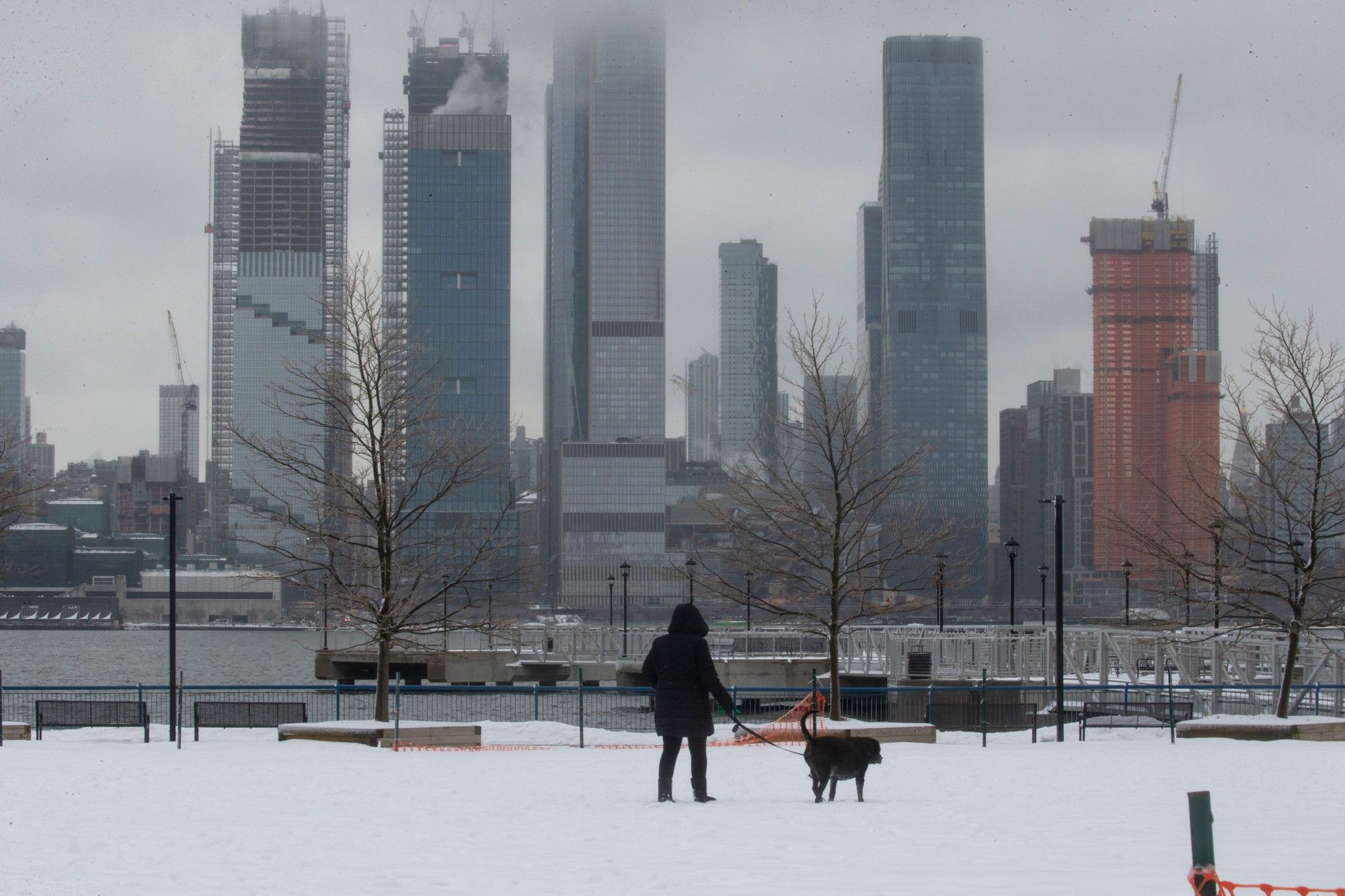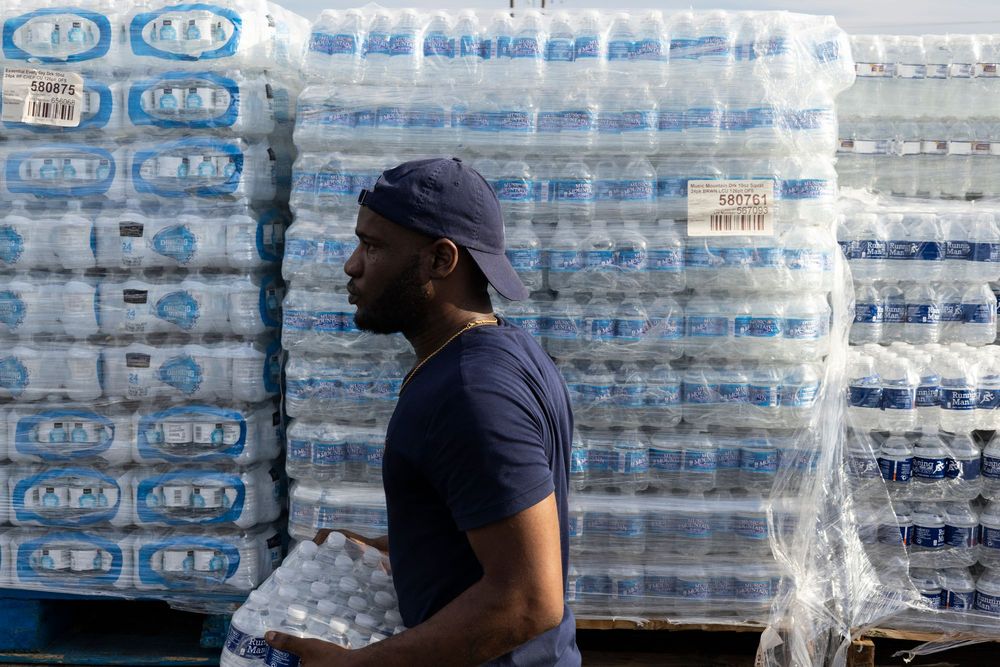If you wade through all the news about that charlatan Donald Trump’s unfolding scandal, you may have also heard something about the water crisis in Mississippi's capital city, Jackson. It’s just the latest example of environmental racism being inflicted upon Black people in this country.
Last week, rainstorms caused the Pearl River in Jackson to flood. Circumstances have gotten so alarming that Biden has called for a state of emergency. This flooding caused problems at the city's main water treatment facility, the O.B. Curtis Water Plant. Things were already bad and getting worse. A month before the flooding occurred, the city had been under a boil water notice, which indicates contaminated water in a given area. Last year, a winter storm hit Mississippi and left Jackson without running water for weeks. In an NPR report from March 2021, the city’s mayor, Chokwe Antar Lumumba, said the 100-year-old water pipes were “peanut brittle” and that when crews try to repair them, “sometimes they'll repair one break, stay for a little while, and see another break happen mere yards away from the one that they just repaired."
Jackson’s issues with water infrastructure are nothing new. Thanks to White flight in the ’70s and ’80s, the system has been subject to decades and decades of neglect. Tax revenue declined, and state and federal governments have done nothing to alleviate a situation that has now become grave and dire. Make no mistake, this is a direct result of the city’s makeup; Jackson is 80 percent Black. Under no circumstances would anything like this happen in a capital city with a majority White population. Politicians famously neglect their constituents no matter their creed, color, or code, but they would never let crucial parts of an urban area’s infrastructure become this derelict. The crisis in Mississippi is another instance of environmental racism.
The way Hurricane Katrina was handled, where governments place toxic waste facilities, the scourge of food deserts, and the water crisis in Flint, Michigan—there are no shortage of examples that illustrate environmental racism’s wide impact on Black Americans’ quality of life. There’s also no shortage of ways to fix these pervasive issues if only our municipal, state, and federal governments would actually act before things turn fatal.


